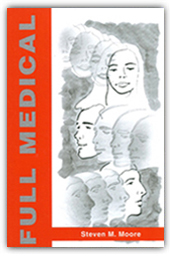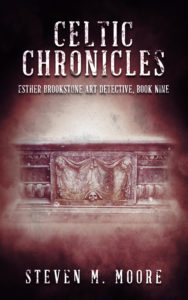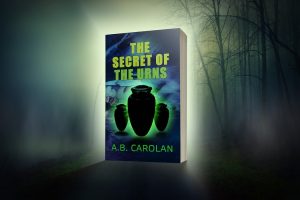Word usage…
I’m frustrated when I know there’s the perfect word in a given situation and can’t quite remember it. That’s when I remember that my verbal memory has a lot of junk in it: sports terms, even for sports I never played; trivia facts, ones I could easily look up now with Google; technical terms I once used a lot but don’t use at all in my writing; random words from French, German, Russian, and Spanish—a lot from the latter—that often fight with English; and so forth. The hard disk in my head probably needs a serious cleanup defragging!
While I ignore all writing gurus’ advice to write for a target audience to help end this frustration—fiction has no target audience because any reader can like anything—I tend to avoid pedantic and erudite writing, using vocabulary a reader of average intelligence can relate to (that obviously excludes many politicians, especially those who rarely read anything). I let my plots and themes carry the complexity, not my verbiage, because I practice minimalist writing, a style that avoids excessive description and dialogue and permits the reader to participate in the creative process. I give just enough description so that readers can create their own images about what’s going on. (In old crime and detective literature, especially that from the US, that’s often called “hard-boiled” writing.)
 But I am always looking for the right word. Most of them just come without effort as I write the story. When not and I know there is one, I just put an X to hold the place. I’m usually able to replace X with the right word when I content edit, which I do paragraph by paragraph, page by page, and chapter by chapter. Of course, sometimes I have to look for another word…reluctantly…but I can do that too, knowing my intended meaning.
But I am always looking for the right word. Most of them just come without effort as I write the story. When not and I know there is one, I just put an X to hold the place. I’m usually able to replace X with the right word when I content edit, which I do paragraph by paragraph, page by page, and chapter by chapter. Of course, sometimes I have to look for another word…reluctantly…but I can do that too, knowing my intended meaning.
I’ve had success with this writing process from my first published novel (Full Medical, 2006) to my last (Celtic Chronicles, 2022). While it seems there are more X’s lately—this old fellow isn’t getting any younger!—I usually can find le bon mot. When I no longer can, I guess I’ll stop writing.
 The reader of this article might ask: How speedy is this writing prcess? The easy answer: It varies. Sometimes finding background material slows me down. Other times, it’s long narrative passages (none of them are very long in my prose), especially world-building in sci-fi. But generally the writing process is a speedy one. It’s the other stuff that takes time and is often a major distraction: Editing and marketing often take more time than the actual writing. Social media takes time too. I’m lucky I don’t have a day-job anymore; when I did, it was hard to maintain the pace.
The reader of this article might ask: How speedy is this writing prcess? The easy answer: It varies. Sometimes finding background material slows me down. Other times, it’s long narrative passages (none of them are very long in my prose), especially world-building in sci-fi. But generally the writing process is a speedy one. It’s the other stuff that takes time and is often a major distraction: Editing and marketing often take more time than the actual writing. Social media takes time too. I’m lucky I don’t have a day-job anymore; when I did, it was hard to maintain the pace.
Getting a book written and published is always an adventure, no matter how you do it. You just have to remember to do what works for you. How I do it might not suit you, but it suits me just fine.
***
 Comments are always welcome. (Please follow the rules found on the “Join the Conversation” web page. If you don’t, your comment will be considered spam.)
Comments are always welcome. (Please follow the rules found on the “Join the Conversation” web page. If you don’t, your comment will be considered spam.)
The “ABC Sci-Fi Mysteries.” These novels for young adults (and adults who are young at heart!) are on sale at Smashwords for 99 cents each! Give your tweens or teens young adult novels to read this summer, providing them with a head start on next fall’s book reports. The Secret Lab (KU26R), The Secret of the Urns (HQ66E), and Mind Games (MG73K) are all on sale at Smashwords. (Or, if you prefer, each novel has a print version, and you can find those wherever quality print books are sold, but they’re so inexpensive that they’re not on sale.) If the ebook’s sale price doesn’t appear when you check out from Smashwords, use the indicated promo code following the title. All these books’ protagonists are young adults (except for Mr. Paws, the mutant cat in the first novel), but adults can enjoy these futuristic tales as well.
Around the world and to the stars! In libris libertas!
